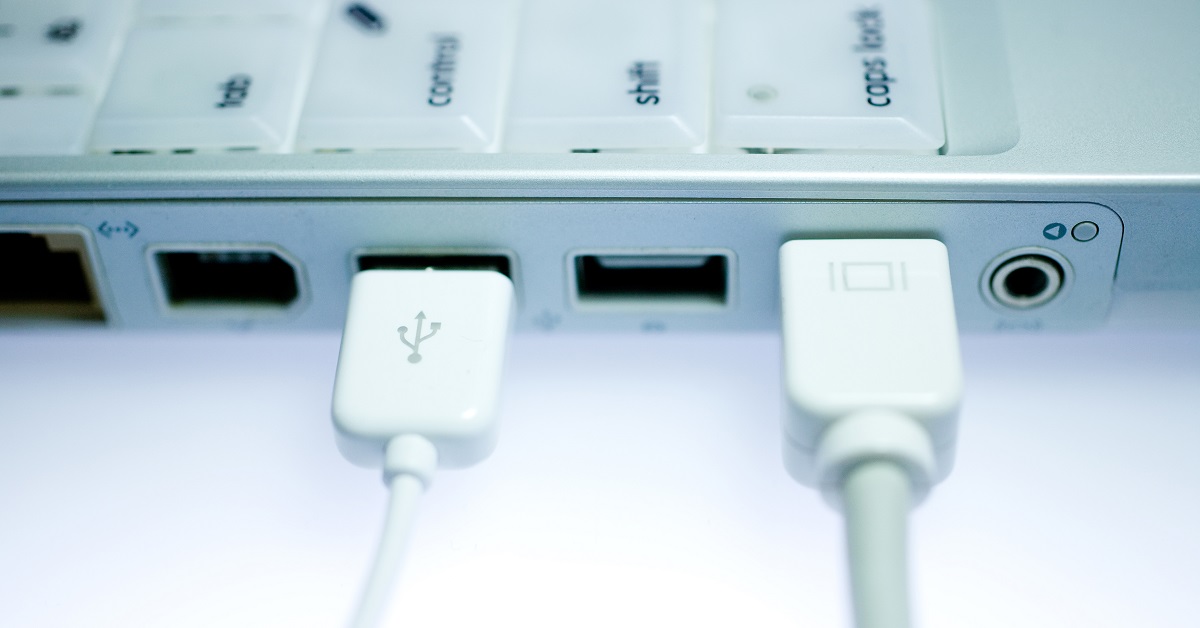To say that cybersecurity has become more critical than ever before is like saying we need air to breathe – it’s an understatement, as with the increasing reliance on technology, organizations and individuals are at constant risk of data breaches and cyberattacks.
Little wonder, then, why a Gartner study reported that U.S. companies are expected to invest $186 billion in cybersecurity in 2023, with spending predicted to increase to $278 billion by 2027.
While many security solutions are available – according to a McKinsey report, cybersecurity spending is largely focused on cloud security, identity and access management, threat intelligence and response, data protection, application security, network security, security operations, and endpoint security – there is one unsung hero that often goes unnoticed: USB Port Locks. These simple yet powerful tools play a vital role in protecting data and preventing breaches. Let’s dive into the world of USB port locks and discover six ways they ensure both data and physical security.
1. Understanding the Significance of USB Port Locks
USB devices have become an integral part of our daily lives, allowing us to conveniently transfer and store data. However, their usage also exposes us to potential risks. USB port locks offer a simple solution by securing USB ports to guard against unauthorized access. These locks provide a much-needed layer of protection to prevent data breaches and ensure the overall security of your network.
2. Preventing Data Breaches and Ensuring Network Security
USB devices pose a significant vulnerability when it comes to data security. With USB port locks, organizations can effectively control access to USB ports, thereby reducing the risk of unauthorized data transfer. Additionally, secure hardware connections through these locks play a crucial role in maintaining network security. By implementing USB port locks, you can fortify your organization’s defense against potential cyber threats.
3. Guarding Against Malware Threats
USB devices are not just a risk for data breaches but also serve as carriers for malware transmission. USB port locks act as a shield, blocking unauthorized devices from connecting to your system and preventing the spread of malware. By using USB port locks, you can protect your network from potential virus transmission that could wreak havoc on your data and systems.
4. Securing Sensitive Information
In today’s data-driven world, securing sensitive information is paramount. USB port locks play a vital role in this aspect by providing physical security. By locking USB ports, you can ensure that sensitive data remains protected, even in high-traffic areas. The implementation of USB Port Locks significantly enhances the overall IT security of your organization, safeguarding against potential breaches and data leaks.
5. Ensuring Secure Data Transfer
Data theft has become a significant concern for organizations. USB port locks offer secure hardware connections that ensure data transfer occurs only through trusted and authorized devices. This prevents potential data theft, as unauthorized USB devices cannot be connected, allowing complete control over data in transit.
6. Implementing Effective Security Measures
To implement solid security measures, it’s essential to consider the range of USB protection devices available. USB port locks stand out as reliable and effective security solutions. They provide physical barriers that restrict unauthorized access, giving you peace of mind regarding your data’s safety. Furthermore, it’s crucial for organizations to implement USB device controls as part of their overall IT security strategy, enhancing their defense against potential threats.
Key Takeaways
- USB port locks offer a simple yet effective solution for data security.
- USB devices pose vulnerabilities for data breaches and malware transmission.
- USB port locks provide physical security, preventing unauthorized access.
- Secure hardware connections through USB port locks enhance network security.
- USB port locks safeguard against data theft during secure data transfer.
- USB security breaches can have severe implications on organizations and individuals.
- Implementing USB device controls is crucial for enhanced IT security.
- USB port locks block unauthorized devices and prevent the spread of malware.
- Organizations should consider a range of USB protection devices available in the market.
- USB port locks should be an essential component of every cybersecurity strategy.
Take action now to fortify your cybersecurity defenses by implementing USB port locks and secure hardware connections. Safeguard your data, protect against unauthorized access, and prevent potential breaches.










